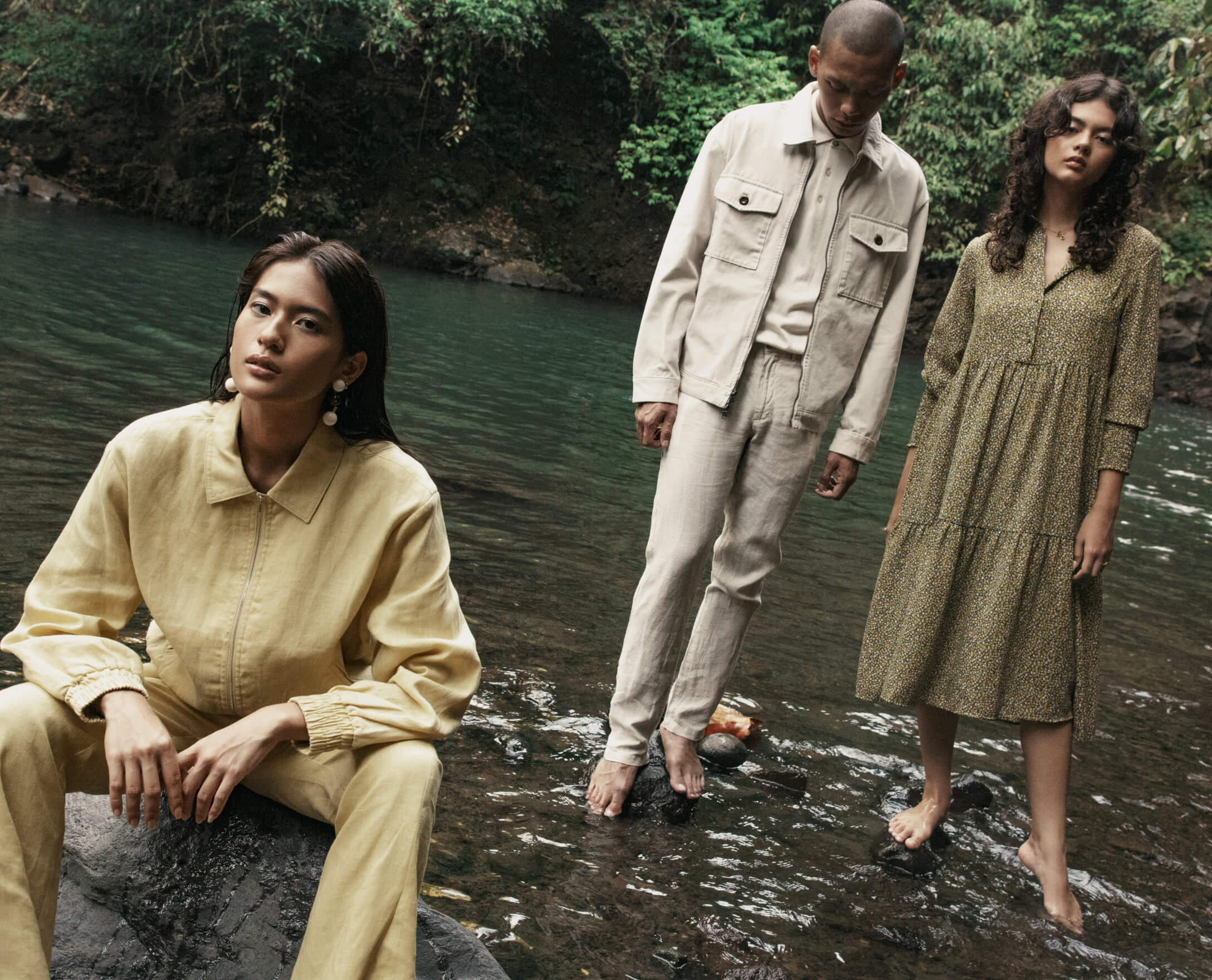In line with our People & Planet Positive agenda, applying the highest duty of care to people within our supply chain has always been the core of how we do business. We recognise human rights concerns such as excessive working hours and forced labour are intractable material issues in the fashion industry.
While we have in place due diligence systems which facilitate the protection, respect and remedy of human rights, we are committed to actions beyond compliance which drive better working conditions outcomes and ensure human rights for the people that make our products.
Find the private label factory lists for THE ICONIC, ZALORA and Dafiti on their websites.
2023 Performance
of own brand factories are reviewed according to the ethical trade program
of GFG’s NMV was from brands confirmed to be meeting our human rights standards in 2023
of own brand Tier 1 workers in supplier factories can access an worker dialogue mechanism or an independent grievance mechanism
